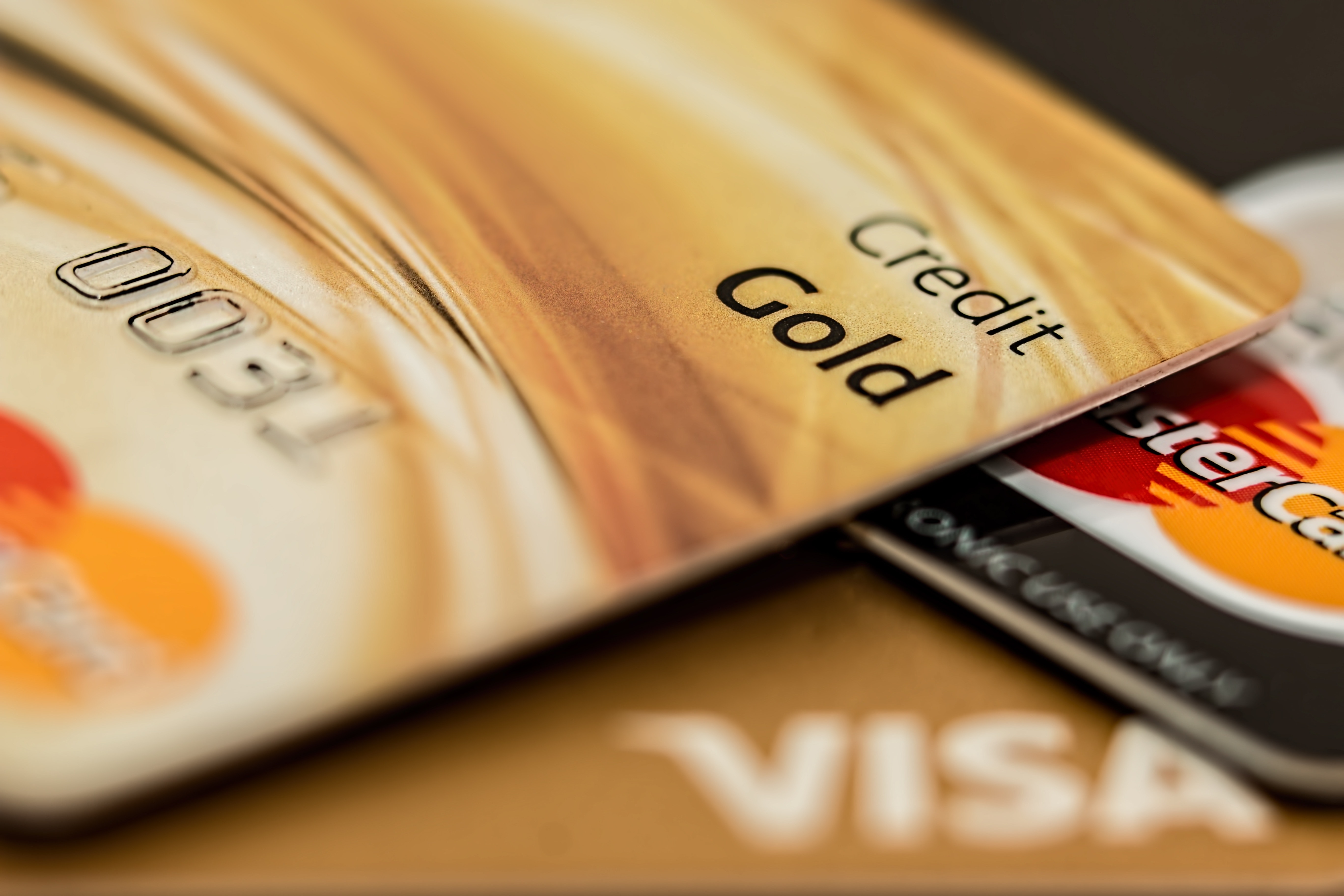Pick Your First Credit Card

Picking your first credit card can be fun and a little nerve-wracking. It opens up a lot of financial opportunities and requires a certain amount of responsibility and research. When it comes to finding the right first credit card to fit your financial needs, here are a few things you’ll want to keep in mind.
You’ll Have Beginner Options
The fancy cards in the commercials that come with great perks like miles and dining probably won’t be available to you the very first time around. The credit card company wants to know that you can be trusted, and those cards tend to be for people with much higher credit scores who have been using credit cards for a long time. Don’t worry! A beginner card can still have good terms and will help you to grow your credit.
Your Credit Score and Credit Card are Intertwined
Your credit score will have an impact on the type of credit card available to you and your behavior on the credit card will determine your score moving forward. It’s vital to be a responsible credit card user, because the better your credit score is, the easier it will be to get loans for school or a car, viable mortgage rates, and more.
Do Your Research
One of the most important steps when deciding on the right new credit card is to do your research. You’ll want to familiarize yourself with the different loan terms, so you can more easily read your options, and you’ll want to compare annual fees, percentage rates, transaction fees, and more. It might not seem like a ton of fun, but it can save you a lot of money in the long term and make it easier to build a strong financial future.
Pay Your Bill in Full to Avoid Interest
A good rule of thumb is to aim to pay your bill off every month. This will send your credit score through the roof and ensure you’re not living outside of your means. It also helps you to avoid paying interest on your balance. If you’re unable to pay it off every month, then you’ll want to try to get the full balance below 30% of your available credit, to keep your credit score high.
Pay More Than the Minimum
Your credit card company will offer you a minimum payment to avoid late fees and fines, but you want to do your very best to pay more than that. The minimum payment will mean no late fees, but it will ultimately mean you pay a lot more over time, as you collect interest, so try to cut into the bigger balance as much as possible.
Avoid Late Fees
If you really can only pay your minimum balance, it’s better to do so than not pay at all. When you miss your due date, you can accrue late fees, impact your credit APR costs, and even damage your credit score, so it’s worth it to put through the minimum if you can’t touch the balance.
Finding the right first credit card for your needs is an exciting step into a financial future that can mean houses, cars, education, and children. Find the right financial advisor to guide you right here at Ripplequest.com today!





Comments
06 Sep,2019
Ipsum dolor sit amet, Ut enim ad minim veniam, quis nostrud exercitation ullamco laboris nisi ut aliquip ex ea commodo consequat.
08 Sep,2019
Lorem ipsum dolor sit amet, consectetur adipisicing elit, sed do eiusmod tempor incididunt ut labore et dolore magna aliqua. Ut enim ad minim veniam, quis nostrud exercitation ullamco laboris nisi ut aliquip ex ea commodo consequat.
09 Sep,2019
Lorem Ipsum is simply dummy text of the printing and typesetting industry. Lorem Ipsum has been the industry's standard dummy text ever since the 1500s, when an unknown printer took a galley of type and scrambled it to make a type.